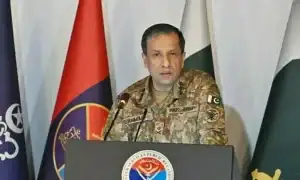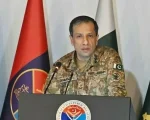ISTANBUL – Pakistan and Afghan Taliban wrapped up long negotiation session in Istanbul, raising hopes and concerns over regional securitya as both sides decided to end terrorism, cross-border attacks, and the escalating threat of the Tehreek-e-Taliban Pakistan (TTP) operating from Afghan soil.
Afghan Taliban reportedly proposed relocating TTP militants to new region in bid to ease tensions with Pakistan. Islamabad, however, firmly rejected the idea, demanding “decisive action” against the insurgent group rather than a simple relocation. Pakistan’s delegation also pressed Kabul to honor its international commitments and prevent Afghan territory from being exploited for attacks on Pakistani soil.
Istanbul talks come at a critical moment: a recent surge in TTP-linked attacks inside Pakistan has heightened cross-border tensions and placed the region on edge.
Diplomatic observers say these discussions are part of ongoing international efforts to bridge differences and bolster regional cooperation against militancy. Further rounds of consultations are expected in the coming weeks as Islamabad and Kabul work to forge mechanisms for security and border management.
Istanbul talks will continue to tackle strategies for combating terrorism and addressing militant infiltration. Pakistan’s proposals to tighten border security and prevent insurgents from moving freely from Afghanistan will be thoroughly debated.
Meanwhile, chaos continues at key border crossings. Hundreds of vehicles remain stranded at Torkham, Kharlachi, Angoor Adda, Ghulam Khan, Chaman, and across South and North Waziristan and Kurram district, as the closure of these crucial routes stretches into its 15th day.
The diplomatic tension follows last month’s Doha talks, where Pakistan and the Taliban had agreed on a fragile ceasefire — a truce now under pressure as cross-border attacks and militant activity escalate.
How Pakistan’s New Assertive Strategy Cornered the Taliban in Doha













